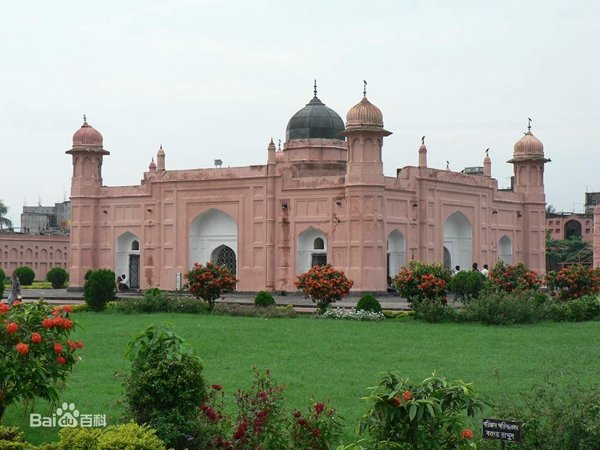"The (Belt and) Road to a Golden Bangladesh"

In addressing the recent 19th National Congress of the Communist Party of China (CPC), General Secretary Xi Jinping said that the country's Belt and Road Initiative (BRI) will actively promote international cooperation, increase assistance to other developing countries, and help reduce the development gap between the Global South and North. The BRI is being sold as the answer to a variety of crises across the world, ranging from infrastructure bottlenecks and funding shortages to protectionism and unilateralism.
Since the launch of the BRI in 2013, China has been actively seeking to change the meaning of "globalization," a term which has recently encountered opposition in the West. The project is advertised as a means to facilitate economic development and "win-win" cooperation with neighboring countries and beyond.
One of the most important components of the BRI is the proposed Bangladesh-China-India-Myanmar Corridor (BCIM), which is aimed at increasing trade and investment between the four countries. India, however, has become skeptical of the BCIM due to its concerns about another flagship project of the Belt and Road, the China-Pakistan Economic Corridor (CPEC). The CPEC cuts through Pakistan-occupied Kashmir, a territory claimed by India. From its geopolitical perspective, India cannot allow further expansion of the initiative into South Asia.
While India views President Xi's signature project as an affront to its sovereignty, as well as a challenge to its own economic aspirations, the initiative presents India's ally and fraternal neighbor Bangladesh with a significant opportunity.
During the World Economic Forum in New Delhi on Oct. 5, Bangladesh's Foreign Secretary Shahidul Haque explained the need to balance sovereignty issues with economic integration when considering the BRI. Haque said that Bangladesh can't remain isolated in the name of sovereignty, and that the issue of sovereignty sometimes needs to take a "backseat to the economic benefits to your people.”
Bangladesh officially joined the BRI after a historic visit by President Xi in October 2016. During his trip, the two countries signed deals totaling over $38 billion, the most credit ever pledged to Dhaka by a foreign nation. Prime Minister Sheikh Hasina offered her country’s support to China's $4 trillion initiative, believing that it will offer increased opportunities for regional connectivity and cooperation.
Chinese Ambassador to Bangladesh Ma Mingqiang commented that the lagging infrastructure and rich labor resources in Bangladesh make it an ideal partner for Chinese enterprises to invest in. With a population of more than 160 million, there is indeed great demand in Bangladesh for upgrades to its power supply and telecommunications infrastructure. "I believe Bangladesh has a promising future and China can play an important role in its development," Ma said.
China has already engaged as a major development partner for Bangladesh. Chinese companies and individuals are now offering assistance in developing the information and communication technology industry, river management, industrial zones, land reclamation and maritime cooperation in Bangladesh. Chinese diplomats are encouraging Chinese companies to further invest in Bangladesh’s infrastructure and labor-intensive sectors.
China has overtaken India to become Bangladesh's biggest partner on energy. Within the Belt and Road areas, Chinese enterprises such as the Shandong Electric Power Construction Corporation and China Huadian Corporation are primarily engaged in the electricity sector of Bangladesh. China has invested in two large power plants thus far: one located in the southern district of Patuakhali, and another near the bustling port of Chittagong, Bangladesh’s second largest city.